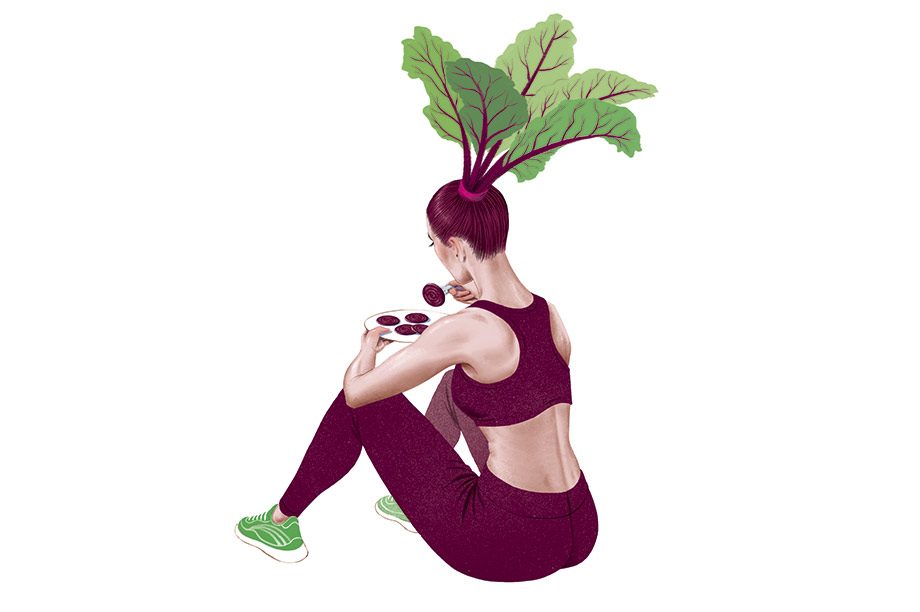It’s vital to keep your blood pressure healthy. This is how I keep an eye on mine.
This Christmas, I asked my wife for a blood pressure monitor. It’s not the most romantic of presents, but it certainly beats socks.
I have a family history of heart disease, and I am aware that people with high blood pressure rarely have symptoms. So unless you are tested, you probably won’t know you have a problem until you have a heart attack or stroke. And new research suggests that long-term damage is happening to your brain, even when blood pressure is only slightly above what would be considered ‘normal’.
In a study published in November 2020 in the European Heart Journal, researchers at the University of Oxford looked at MRI brain scans of 37,041 people who’d had their blood pressure measured around 10 years earlier. The researchers found that even mildly elevated blood pressure levels, below the usual treatment threshold, were linked to damage to the small blood vessels in the brain.
An ideal healthy systolic blood pressure is between 90 and 120mmHg, so what can you do if your blood pressure is slightly too high? Well, losing a bit of weight, exercising more and stopping smoking will all help, but so can consuming certain foods – or at least that is what we discovered on Trust Me, I’m A Doctor, when we did a small experiment with Dr Andy Webb at King’s College, London, a few years ago.
We wanted to test the claims that beetroot, garlic and watermelon could lower blood pressure. All three foods are said to work by boosting levels of nitric oxide in the body, which in turn causes blood vessels to open up and blood pressure to fall.
We selected 28 volunteers who all had blood pressures just above the healthy range and divided them into three groups. For the first week of our small experiment, group one ate two cloves of garlic a day, while group two ate two large slices of watermelon a day and group three ate two whole beetroots. Yummy!
For the second and third week, each group swapped over so that after three weeks everyone had eaten their fill of each food.
Read more from Michael Mosley:
So what happened? Well the average systolic blood pressure of the volunteers at the start was 133.6mmHg. On the beetroot diet, this went down to 128.7mmHg. Consuming two cloves of garlic a day gave a similar result (129.3mmHg). This is similar to what has been found in larger studies. There was, however, disappointment for watermelon lovers, with consumption leading to very modest changes.
A fall in blood pressure of around 5mmHg doesn’t sound a lot, but studies suggest that if was maintained it would translate into a reduction of the risk of stroke and heart attack of around 10 per cent.
I love garlic and I am happy to pile my plate with beetroot and other nitrate-rich veg, such as rocket, spinach, chard and broccoli. And if, like me, your blood pressure is a bit suspect, you might want to invest in a home blood pressure monitor or ask for one for your birthday.
Dr Michael Mosley is former medical doctor, health writer and BBC presenter. He’s best known as presenter of Trust Me I’m a Doctor on BBC Two but has also written a number of bestsellers about personal health and medicine, including The Fast Diet, Fast Asleep and Fast Exercise.
Subscribe and save 50% on the shop price. Pay just £16.50 every 6 issues by Direct Debit. Receive every issue delivered direct to your door with FREE UK delivery.
source
